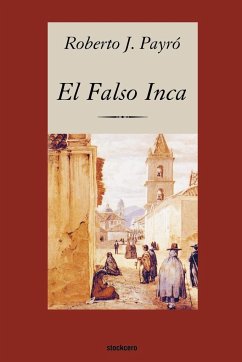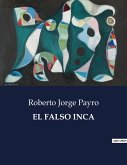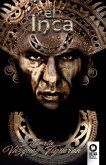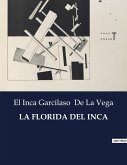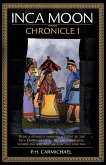In Spanish, annotated edition The interesting story of Pedro Chamijo, the "false Inca" takes in Roberto Payro's writing an amusing tone that cannot hide the tragedy that the Spanish conquistadores ignorance and brutality represented for the native South American tribes. The scenario is the Obispado of Córdoba del Tucumán, sitting in Santiago del Estero city, with jurisdiction over the Tarija zone and the actual argentine provinces of Córdoba, Catamarca, La Rioja, Tucumán, Santiago del Estero, Salta and Jujuy, halfway between the viceroyalties of Perú, with its Potosí of fabulous richess, and Buenos Aires. The action takes place in the early XVII Century, when the Inca empire was a remembrance fresh enough to inspire desperate resucitation intents by the natives, as well as late pilferage efforts by colonial officers. As the plot developes the swindle trick set by Pedro Chamijo (Andalusian, orphan, free of moral restraints, smuggled into the Indies and deserter from a famished troop) in order to finance his don Pedro Bohórquez Girón impersonation is transformed into a drama that, as a greek tragedy, sets loose from its protagonists hands to lead them into their own predictable doom. Agile and humorous this is the story about the Great Paititi, the Great White Father guardian of the Inca haven city created to hide from foreigners that, according to ancient traditions would take over the land, and its role as initial spark of the fights and final Quilmes tribe extermination by Tucuman Governor don Alonso de Mercado y Villacorta. Under this light the forced year and a half exodus of the Quilmes to the River Plate banks, more than a thousand kilometers away as results of which most of the 2000 families perished, takes the overwhelming dimension of collateral damage to an irresponsible picaresque intent.
Hinweis: Dieser Artikel kann nur an eine deutsche Lieferadresse ausgeliefert werden.
Hinweis: Dieser Artikel kann nur an eine deutsche Lieferadresse ausgeliefert werden.

